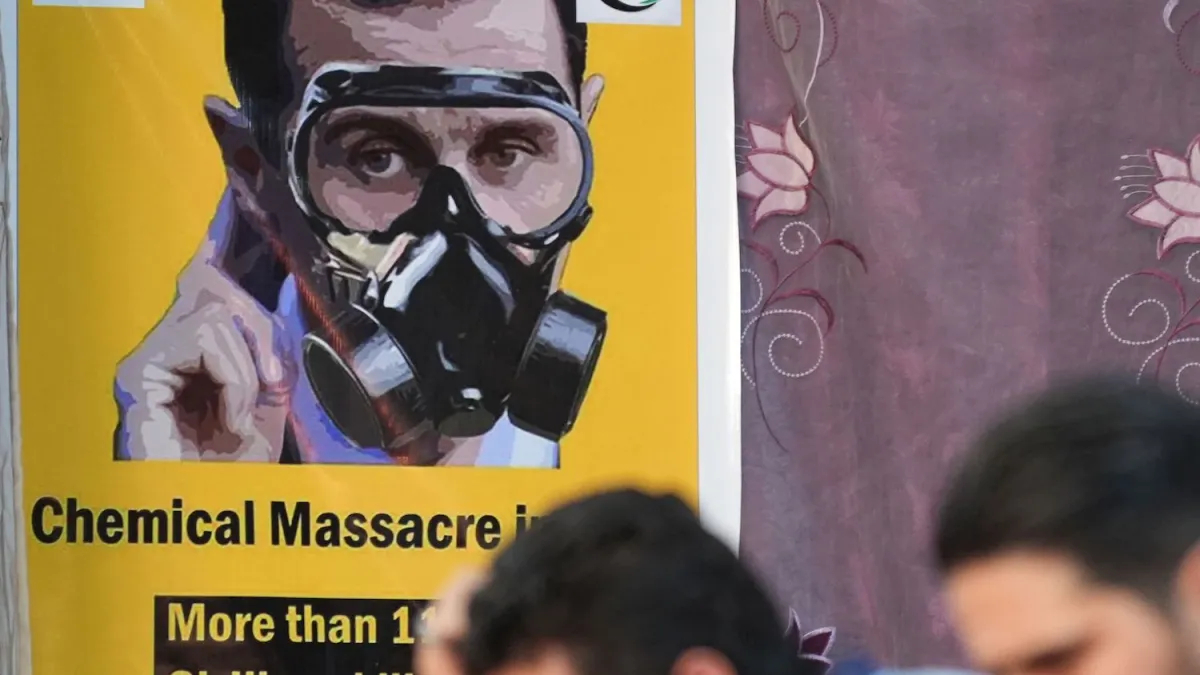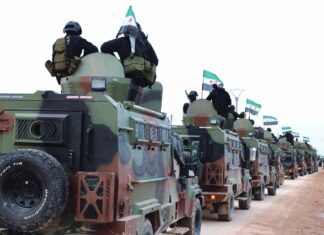
In a historic visit, Fernando Arias, Director-General of the Organization for the Prohibition of Chemical Weapons (OPCW), arrived in Syria on Saturday at the head of a high-level delegation to meet with the new Syrian administration. The visit marks the first time an OPCW chief has traveled to Damascus, signaling a shift in relations following years of tensions under the ousted Assad regime.
A Step Toward Accountability and Compliance
Arias is expected to meet with Syrian President Ahmad al-Sharaa and Foreign Minister Asaad al-Shaibani, according to sources quoted by Reuters. The visit comes as Syria’s new government expresses willingness to cooperate with the OPCW, which has long accused the former Assad regime of obstructing investigations into chemical weapons use.
The OPCW delegation includes the Identification and Investigation Team, tasked with determining responsibility for past chemical attacks in Syria, as well as the Declaration Assessment Team, responsible for verifying Syria’s compliance with the Chemical Weapons Convention.
“This is a long-term goal that could not be achieved for more than a decade due to obstruction and lack of cooperation by the previous Syrian authorities,” Arias said on Thursday, adding that the political shift in Syria presents an opportunity to advance accountability efforts.
Syria’s Chemical Weapons History and OPCW Investigations
Syria joined the Chemical Weapons Convention in September 2013, following a UN Security Council resolution mandating the dismantling of its chemical arsenal. Despite this, OPCW reports have documented at least 217 chemical attacks attributed to the Assad regime between 2012 and April 2024, resulting in the deaths of 1,514 people, including 214 children and 262 women.
In 2021, Syria was stripped of its voting rights at the OPCW, an unprecedented punitive measure following documented poison gas attacks. A 2023 OPCW report further held Assad’s forces responsible for a 2018 chlorine attack that killed 43 civilians.
With the Assad regime’s removal in December 2024, the OPCW has renewed its focus on ensuring full compliance from the new Syrian government. Arias emphasized that the organization is prepared to work alongside Syrian officials to “completely and permanently eliminate Syria’s chemical weapons program.”
Diplomatic & Technical Cooperation
The Russian ambassador to the Netherlands and Permanent Representative to the OPCW, Vladimir Tarabrin, acknowledged the changing political landscape in Syria, stating that discussions between the OPCW and the new Syrian administration, alongside UN Special Envoy Geir Pedersen, have opened a new phase in addressing Syria’s chemical weapons file.
The OPCW has now approved a technical team deployment to Syria, with Syrian specialists expected to work alongside international experts to facilitate compliance with the Chemical Weapons Convention.
“Syria is committed to transparency and cooperation with the OPCW to close this chapter in our history,” Foreign Minister al-Shaibani said in a statement, adding that his government “will support accountability for all those responsible” for chemical weapons use.
Looking Forward
While the OPCW’s visit marks a significant step in Syria’s reintegration into the international community, challenges remain in securing full accountability for past chemical attacks. The organization’s investigations and Syria’s newly expressed commitment to cooperation will determine whether this moment signals a true break from the past or a continuation of diplomatic maneuvering.








